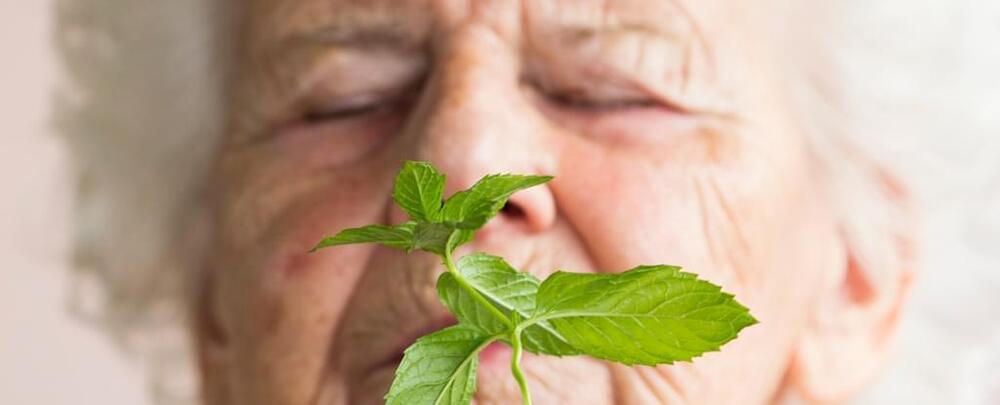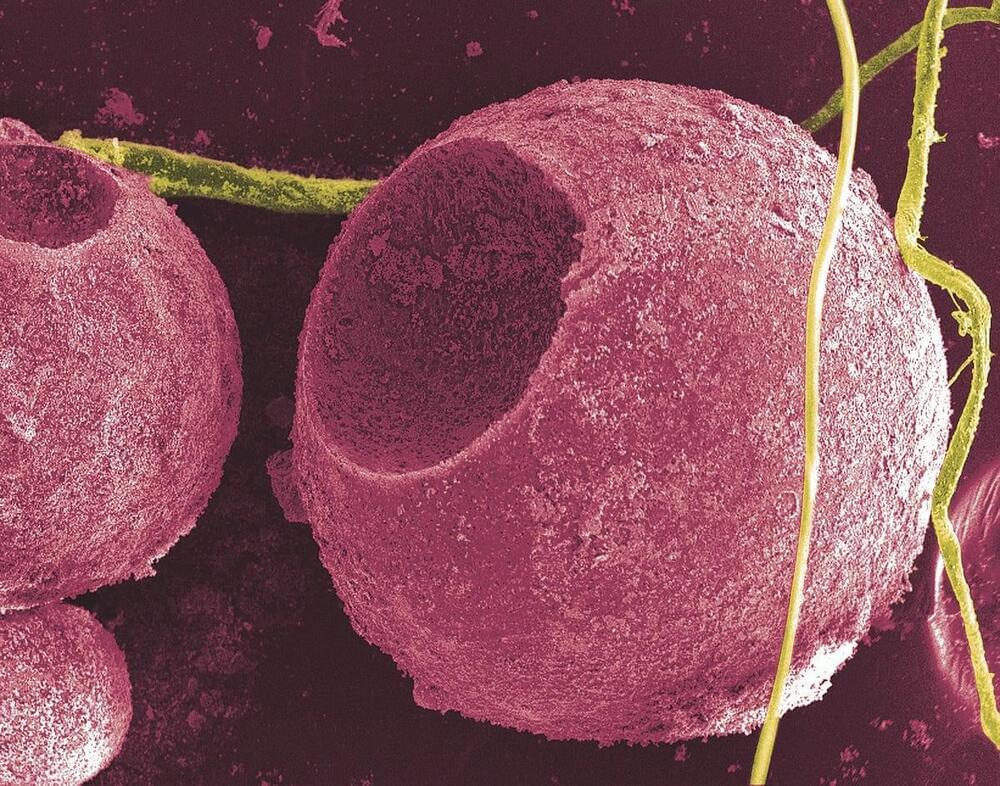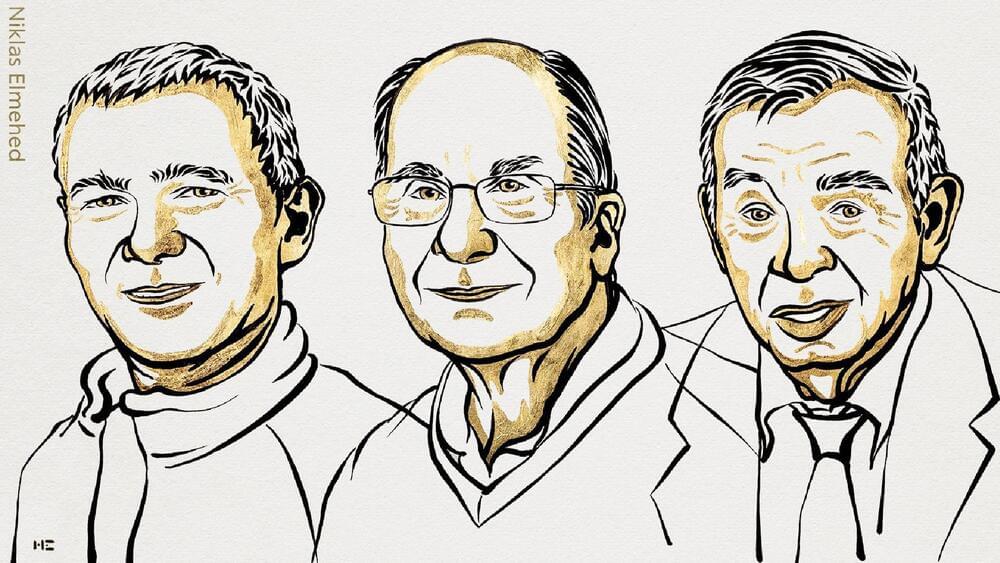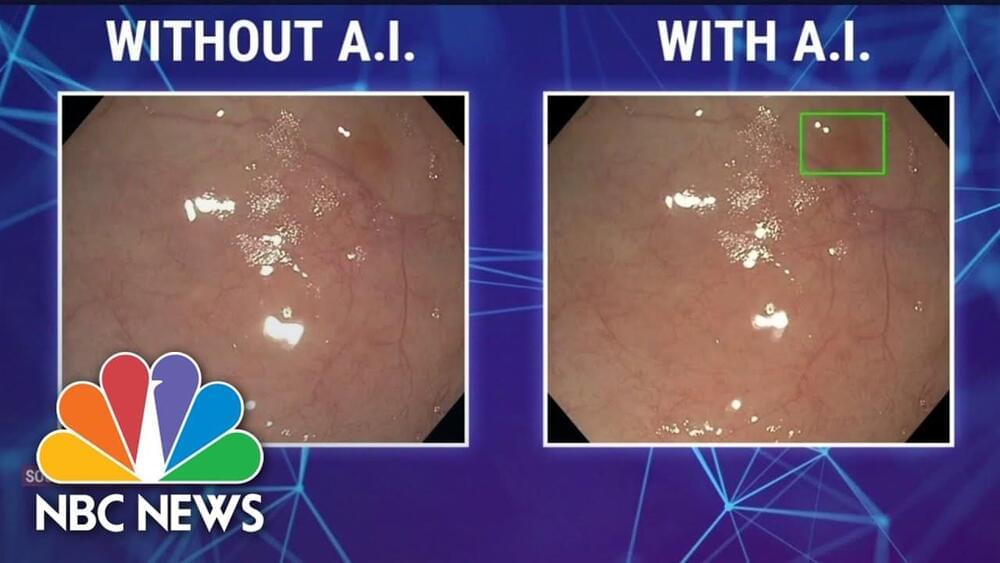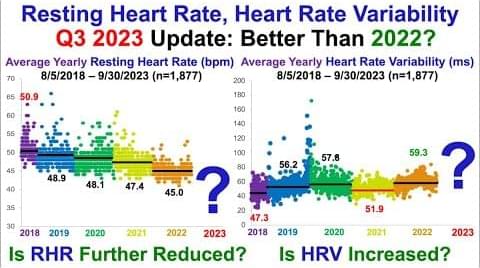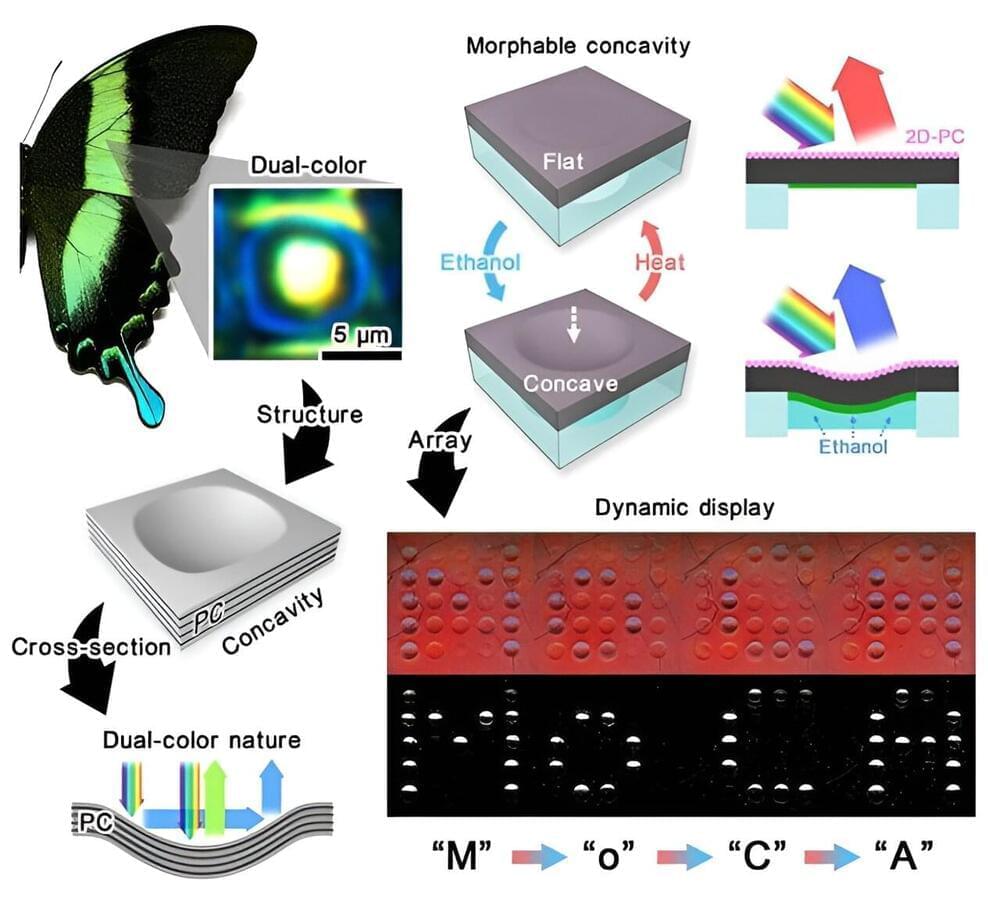Oct 5, 2023
Mouse Study Reveals Unexpected Connection Between Menthol And Alzheimer’s
Posted by Paul Battista in categories: biotech/medical, chemistry, health, neuroscience
A recent study reports something strange: When mice with Alzheimer’s disease inhale menthol, their cognitive abilities improve. It seems the chemical compound can stop some of the damage done to the brain that’s usually associated with the disease.
In particular, researchers noticed a reduction in the interleukin-1-beta (IL-1β) protein, which helps to regulate the body’s inflammatory response – a response that can offer natural protection but one that leads to harm when it’s not controlled properly.
The team behind the study, which was published in April 2023, says it shows the potential for particular smells to be used as therapies for Alzheimer’s. If we can figure out which odors cause which brain and immune system responses, we can harness them to improve health.
